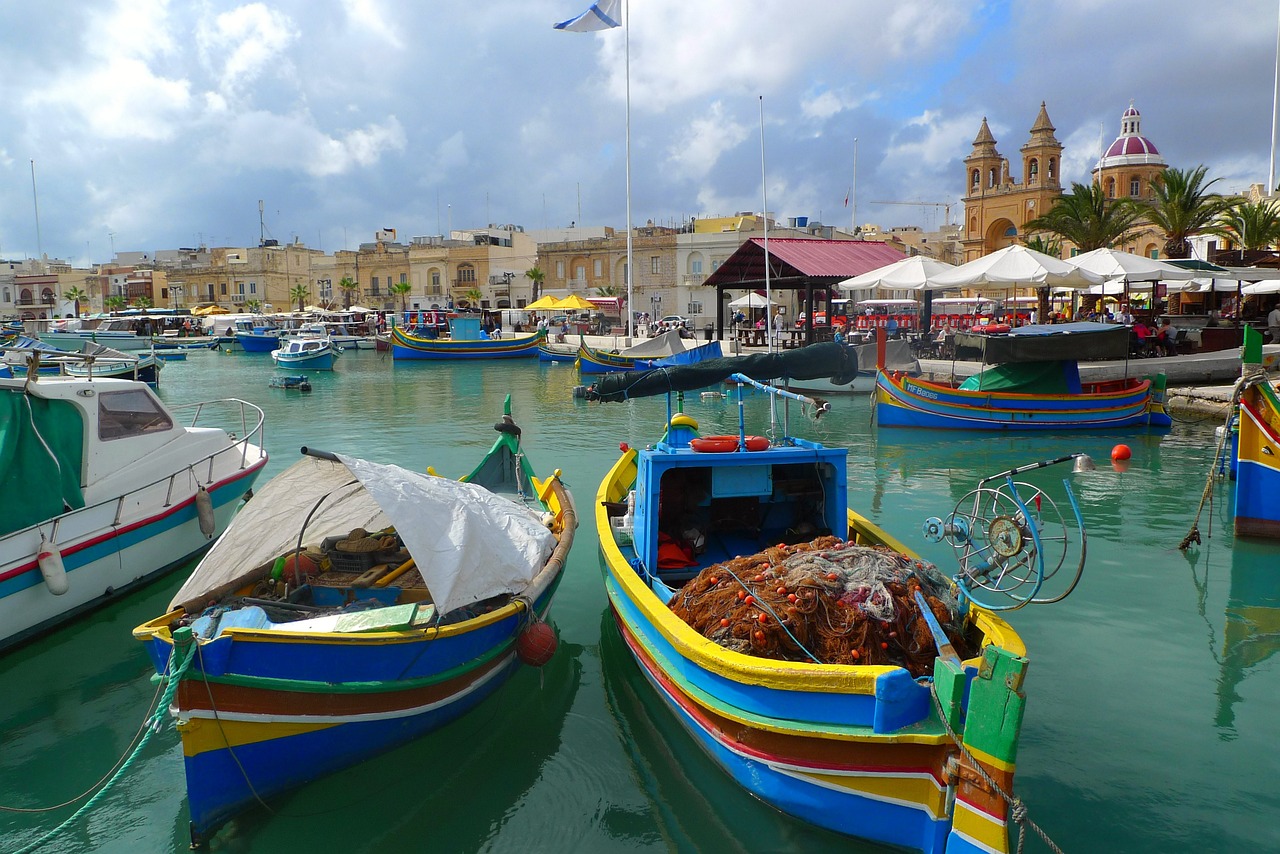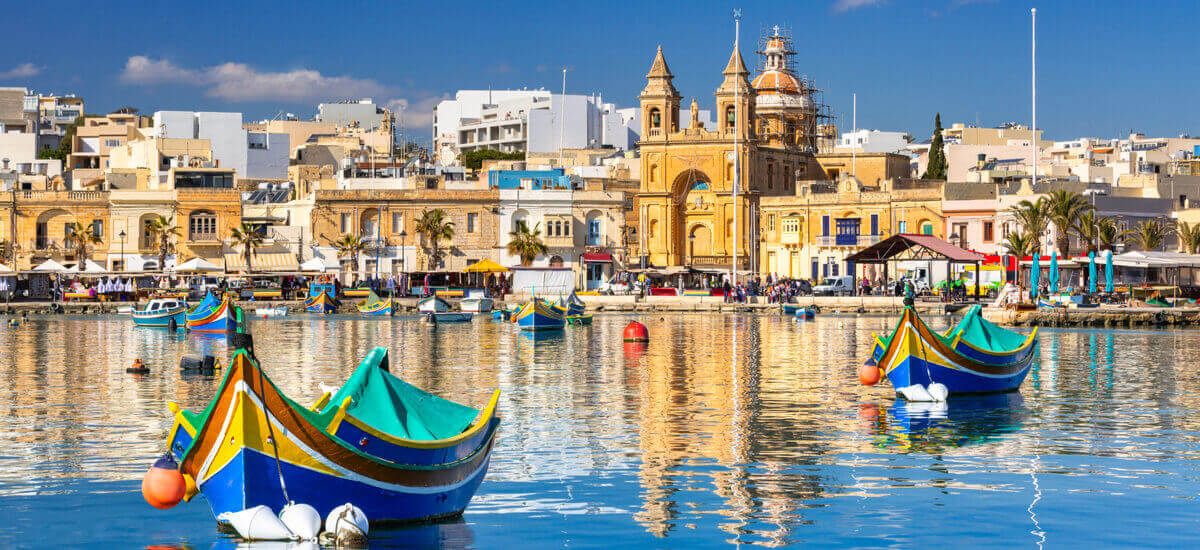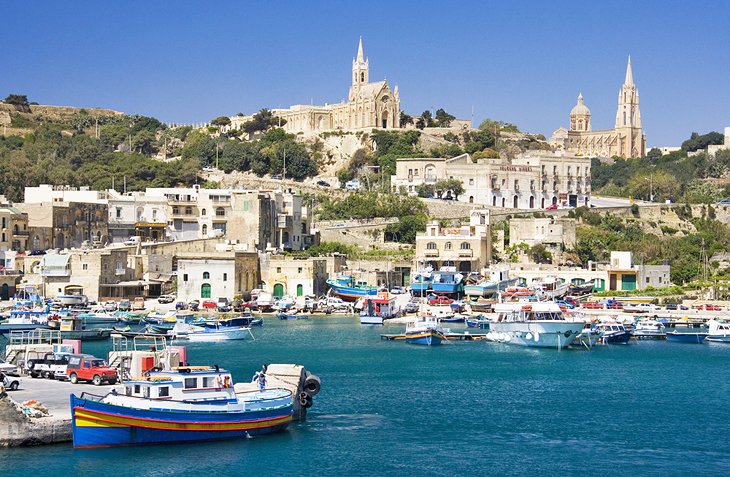Imagine a life of freedom, where you can travel effortlessly throughout Europe, live in a safe and stable environment, and enjoy the benefits of European residency. The path to this dream may seem elusive, but fear not, for Malta’s Investment Visa program offers a golden opportunity. This program grants high net worth individuals and their families a coveted European residency, with visa-free travel within the Schengen zone and the possibility of fast-tracked citizenship. But how does one qualify for this exclusive privilege? Through careful planning and meeting certain criteria, including a stipulated contribution and strategic investments, you can unlock the doors to Malta’s secure banking system and solid economy. In this article, we will explore the eligibility requirements, the numerous benefits and advantages of the program, and provide valuable tips for a successful application. Prepare to embark on a journey towards European residency and the freedom it entails.
Key Takeaways
- Malta’s investment visa program offers a safe environment, stable economy, and solid banking system.
- It provides a relatively fast path to citizenship for high net worth individuals.
- Eligibility depends on nationality and meeting the required criteria, including making a stipulated contribution.
- The program offers benefits such as visa-free travel within the Schengen zone, indefinite stay in Malta, and favorable tax advantages.
Eligibility and Requirements
Eligibility for Malta’s investment visa program is determined by nationality and meeting certain criteria, including making a stipulated contribution, establishing long-term residence, and investing in government bonds, among other requirements. The program offers a pathway to European residency for high net worth individuals who are willing to invest in Malta. The investment amount, which includes buying government bonds and contributing to the development fund, is an important factor in determining eligibility. Additionally, applicants must establish long-term residence in Malta by purchasing or renting a principal residence. It is worth noting that this program can be used in combination with Malta’s citizenship-by-investment program, providing an opportunity for individuals to obtain citizenship in addition to residency. The eligibility requirements are designed to attract investors who are looking for favorable citizenship options and the benefits of European residency.
Benefits and Advantages
One of the advantages of Malta’s investment visa program is the opportunity for indefinite stay in the country. This means that holders of the visa can enjoy the freedom to live and reside in Malta for as long as they desire. Additionally, the program offers tax advantages, which can be highly appealing to high net worth individuals seeking to minimize their tax liabilities. Holders of the visa are only taxed on income sourced in Malta or remitted to Malta, and foreign-source capital gains are not taxed. Another benefit of the program is the liberal rules for family inclusion, as family members can be included in the application. This allows for the possibility of creating a secure and stable environment for the entire family in Malta, further enhancing the appeal of the program.
Application Process and Tips
The application process for Malta’s investment visa program involves multiple steps and requirements that must be met in order to be considered for approval. To ensure a successful application, it is important to avoid common mistakes and provide all the necessary documentation. Here are some key points to keep in mind:
- Submit a complete and accurate application form, including personal information, background details, and investment plans.
- Provide supporting documents such as a valid passport, bank statements, proof of income, and a clean criminal record certificate.
- Make the stipulated contribution to the government, purchase government bonds, and either buy or rent a principal residence in Malta.
- Include all required fees and payments, including those for family members if applicable.
- Seek guidance from a licensed immigration consultant to navigate the complex application process and ensure all requirements are met.
By following these guidelines and avoiding common mistakes, applicants can increase their chances of obtaining Malta’s investment visa and enjoying the benefits of European residency.
Frequently Asked Questions
How long does it take to obtain Malta’s investment visa?
The processing time for Malta’s investment visa varies depending on the applicant’s nationality and meeting the eligibility requirements. Careful planning is essential before deciding to invest, and hiring a licensed immigration consultant is recommended for assistance with the application process.
Can the investment visa be used as a pathway to Maltese citizenship?
The investment visa offers benefits such as visa-free travel and favorable tax advantages. However, to obtain Maltese citizenship, additional requirements, including a contribution to the government and establishment of long-term residence, must be met.
Are there any restrictions on the type of property that can be purchased or rented as a principal residence?
Property restrictions for Malta’s investment visa program include limitations on subletting and the requirement to either purchase or rent a principal residence. Investing in Malta’s real estate market offers the potential for long-term residency and favorable tax advantages.
What are the fees associated with including family members in the application?
Family members can be included in the application for Malta’s investment visa program, with additional fees and requirements. Spouse eligibility depends on nationality, while documentation requirements include proof of marriage and dependent children’s birth certificates.
What happens if an application for the investment visa is rejected?
If an application for Malta’s investment visa is rejected, applicants have the option to appeal the rejection. Alternatively, they can explore other residency options such as Malta’s Ordinary Residency program or other investment visa programs in different countries.













